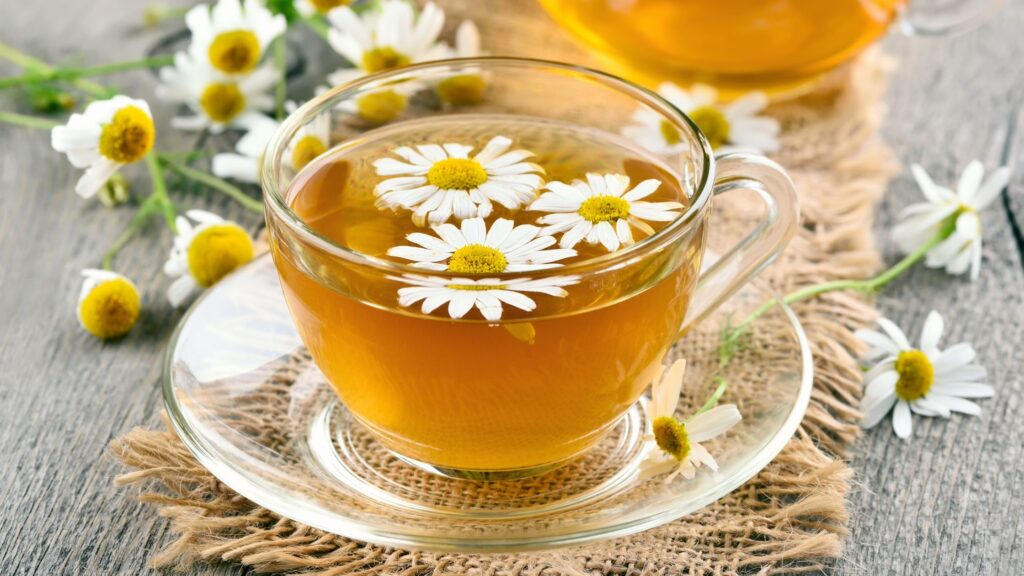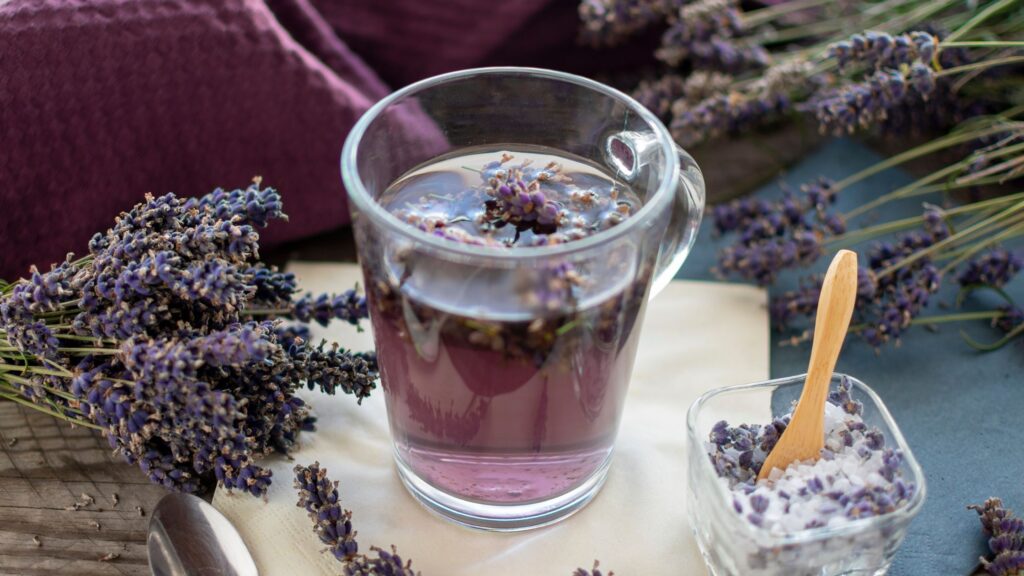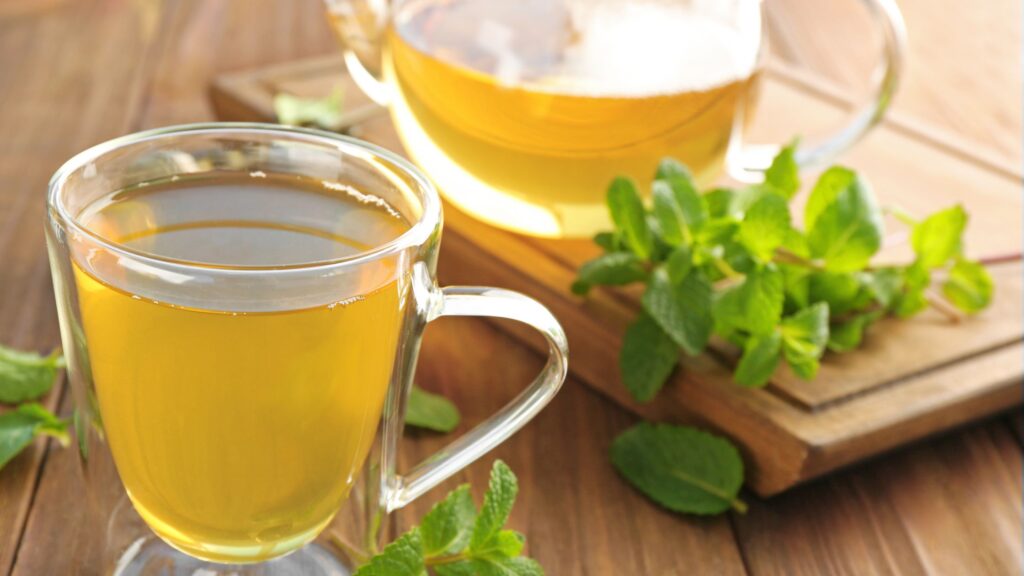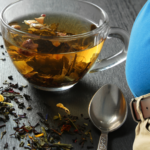In our fast-paced world, anxiety and stress have become commonplace for many. While not always avoidable, natural strategies can offer relief without side effects. As a herbalist passionate about plant remedies, I set out to discover options supported by research for calming frazzled nerves. This overview examines botanicals in tea clinically shown to soothe symptoms of stress and anxiety by influencing neurotransmitter activity in safe, gentle ways. My aim is to expand awareness of these ancient calming allies.
What Tea Is Good for Stress and Anxiety?
Certain herbal teas contain relaxing properties that can help alleviate symptoms of stress and anxiety when enjoyed regularly. Some of the top tea varieties for calming the nerves include chamomile, lavender, lemon balm, and passionflower. Let’s explore the scientific research behind these botanical allies.
Chamomile’s Relaxing Terpenes

Double-blind trials found chamomile as effective as benzodiazepine pharmaceuticals for easing anxiety. Its apigenin and bisabolol compounds are believed to bind GABA receptor sites in the brain to increase inhibitory neurological signals and slow the stress response. Regular consumption may reduce rumination and insomnia according to Persian studies.
Lavender’s Aroma-Induced Calm

Inhalation of lavender essential oil prior to situations causing stress normalized cortisol and anxiety levels equivalent to lorazepam in one experiment. Orally, it downregulated amygdala activity per fMRI – the brain’s fear center. Phenolic compounds offer cardio-protective perks during elevated pressure in complementary ways.
Lemon Balm’s Adaptogenic Edge

Animal research tied this nervine’s rosmarinic and caffeic acids to modulation of serotonin and GABA pathways related to nervous system balance. One human trial found a combination of lemon balm and valerian eased restlessness equal to oxazepam after only 4 weeks. Its relaxing influence paired with cognitive benefits continues inspiring research.
Passionflower’s Pharmaceutically-Like Calming
Brain imaging observed passionflower extract mitigated stress-induced striatal activity as effectively as the prescription drug oxazepam yet without adverse reactions. Alkaloids such as harmane interact with serotonin, dopamine and GABA receptors. Regular intake was linked to significant anxiolytic action in anxious individuals.
Conclusion
When chosen therapeutically as part of a wholesome lifestyle, herbal teas containing adaptable calming constituents show promise as natural coping strategies. Future exploration into safe, synergistic blending may fortify relaxation regimens adaptable to individual needs. Nature’s gentle offerings empower stress relief available anywhere, anytime for renewed perspective.



